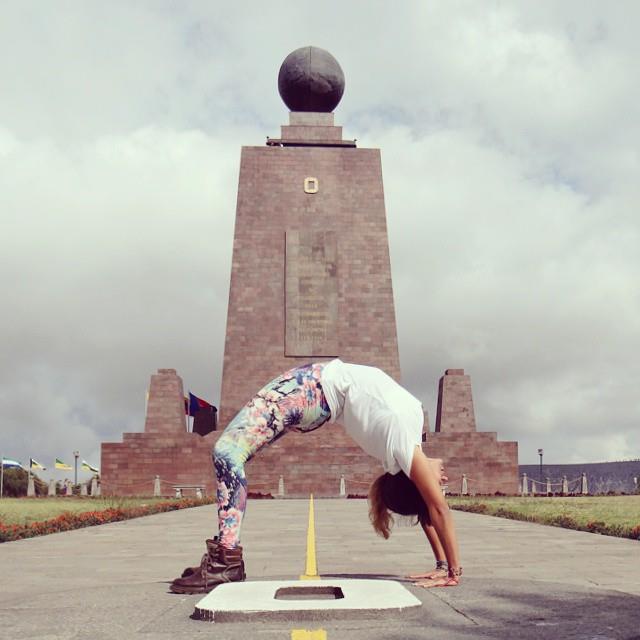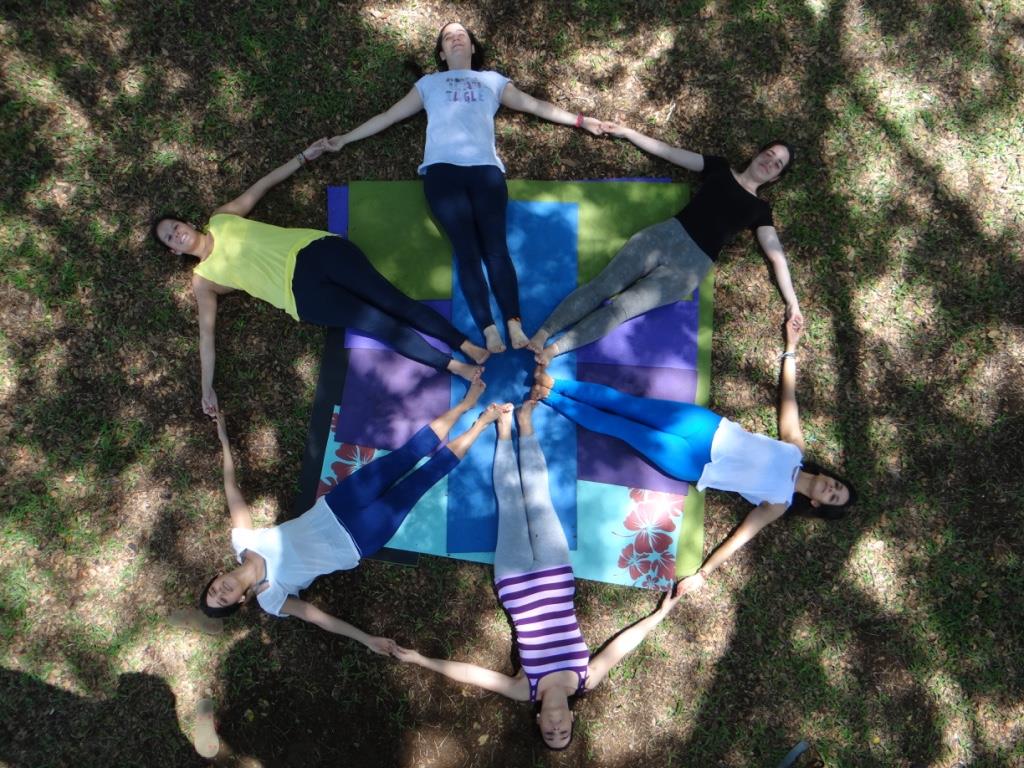- Blog
- From Language Barrier to Language Maste...
From Language Barrier to Language Mastery: My Journey of Immersion and Adaptation
As a native Spanish speaker, social communicator, professional journalist, American high school exchange student, and wife of a Brit, I have experienced a lot in my journey of learning a new language. From my own experience, I firmly believe that immersion is the best way to acquire a new language. I hope that each one of us will have the opportunity and means to invest in ourselves by living in a new place and immersing ourselves in its culture at least once in a lifetime to learn a new language.

When I went to the States to learn English, I couldn't hold a conversation at all. My vocabulary was limited to basic phrases like introducing myself and describing my family. At the age of 17, I found myself in the small town of Bismarck, Arkansas, in the southern United States. It wasn't just the language barrier that made it challenging; the accent, dialect, and customs were all different, making me feel like an outsider. In reality, I was indeed the only Latina there, with just two girls from Brazil and one from Venezuela joining me under the same program. However, with time, things started to change. After six months, I began to understand the teachers and read books. My homework improved, and with the help of my friends, I gradually integrated into the community and became more fluent. By the 10th month, I had mastered the language to the point of expressing myself, comprehending others, and being easily understood.

Afterward, English took a back seat in my life until I pursued a Master's degree in Political Science, where most of my lectures and reading materials were in English. Subsequently, my journey led me to India, where I pursued becoming a certified yoga instructor, providing additional opportunities to engage with the language. I taught and learned in English, and after traveling through South East Asia, Nepal, and Egypt for a year, I returned to Colombia to teach yoga in Spanish.
Accents are an interesting aspect of language. They vary worldwide, making conversations unique and captivating. Despite my exposure to different accents, I have retained my Colombian accent, though some traces of the Arkansas and Indian influences can be heard. Additionally, living in the UK prompted me to pick up British vocabulary to adapt to my surroundings, using terms like "rubbish" instead of "garbage," "lift" instead of "elevator," and "sweets" instead of "candy." Nowadays, some people say I have a touch of the Wirral sound, which I find intriguing.

Regarding grammar, I believe it is not just necessary but immensely helpful in learning a language. Understanding its structure enables us to grasp similarities and differences with our native tongue. As a Spanish native speaker and daughter of a Literature academic, grammar proficiency has been a vital aspect of my career as a journalist. Although I don't consciously think about grammar when speaking or writing, it laid the foundation for creating proper sentences, engaging in meaningful conversations, and tackling more technical subjects.
So, is conversation the best way to learn? Yes, but it is beneficial when accompanied by a structured approach. As for language learning tools like Duolingo, they are undoubtedly helpful. I always recommend my Spanish students to progress through different levels in Duolingo while we also have meaningful conversations during our lessons. It's a powerful combination that enhances language learning and understanding.

